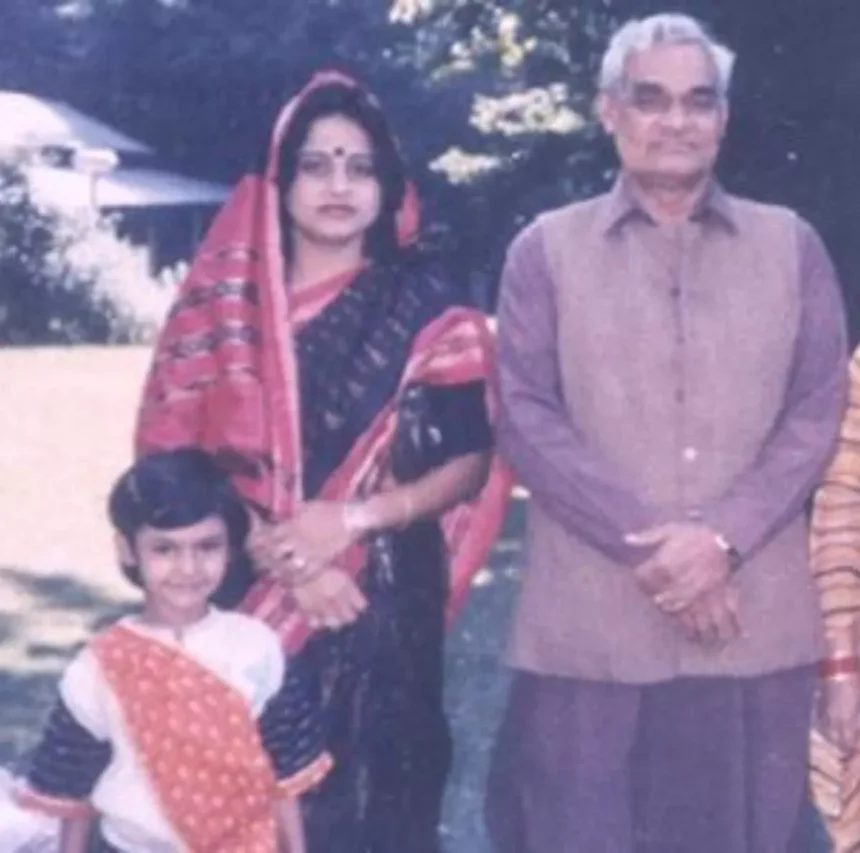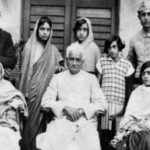Rajkumari Kaul: A Pioneering Visionary and Social Reformer
Rajkumari Kaul is a name that resonates with dignity, activism, and selfless service to society. Born into an influential family in India, she became one of the most prominent social reformers, contributing immensely to various causes that benefitted women, education, and social justice. While her story might not be as widely recognized as some of her contemporaries, her life and work had a profound and lasting impact on the communities she touched.
Early Life and Family Background
Rajkumari Kaul was born in Kashmir, a region known for its cultural heritage and history of intellectual influence. Growing up in a privileged yet socially-conscious family, she was exposed early to the concepts of social responsibility and public service. As a child, she showed an inclination towards education and was keen to learn about the world beyond her immediate surroundings. Her family nurtured her curiosity, encouraging her to explore both academics and the broader socio-political landscapes of India.
Education and Personal Growth
Kaul was an exceptionally bright student who excelled in her academic pursuits. She received her education from some of the best institutions in India, where she studied subjects that ranged from social sciences to history and political science. Her time in educational institutions helped her recognize the severe social inequalities and injustice faced by many communities, particularly women, in India.
It was during her early adulthood that she became acquainted with prominent social reformers and intellectuals of the time. Their works, ideas, and activism ignited in Kaul a deep passion for social work. It was clear to her that education, empowerment, and social justice were the keys to improving the lives of marginalized groups in Indian society.
Advocacy and Social Reform Work
Rajkumari Kaul became an advocate for women’s rights at a time when the status of women in India was often confined to household roles. She firmly believed in the idea of gender equality, and this became a central theme of her activism. Kaul worked tirelessly to create opportunities for women to receive education, pursue careers, and assert their rights in all aspects of life.
Her efforts weren’t limited to just women’s empowerment, though. Kaul also recognized the importance of educational reforms in breaking the cycle of poverty and illiteracy. She advocated for better quality education in rural areas and worked on projects that brought schools and learning resources to underprivileged regions. Her contributions in this field helped lay the foundation for various grassroots organizations that continue to work for educational advancement across India.
In addition to advocating for women’s rights and education, Rajkumari Kaul also worked towards community development. She recognized that for any social change to be sustainable, it had to be rooted in the collective empowerment of the community. Kaul supported initiatives that focused on health, sanitation, and economic upliftment, especially in rural India.
Challenges and Obstacles
As with any person dedicated to change, Rajkumari Kaul faced numerous challenges throughout her career. As a woman in a male-dominated society, she often had to confront resistance to her ideas and ambitions. The prevailing social norms of the time did not readily accept the notion of women in leadership roles or advocating for change in conservative, rural areas.
Despite this, Rajkumari Kaul remained undeterred. She took on multiple leadership roles within social reform organizations and worked on projects that had a far-reaching impact. Over time, her persistence, compassion, and commitment to social justice won her both admiration and respect from various quarters of Indian society.
Legacy and Impact on Society
Rajkumari Kaul’s legacy continues to live on through the countless lives she touched and the social reforms she championed. She played a pivotal role in raising awareness about the importance of education, gender equality, and community development. Her contributions have not only improved the lives of women and marginalized communities but also helped bring about a more inclusive society in India.
Many of the institutions and grassroots organizations she helped set up continue to operate today, empowering future generations to carry forward her vision of a just and equitable society. Through her pioneering work, she helped create a new path for social reformers to follow, one that emphasizes education, empowerment, and community unity.
Frequently Asked Questions (FAQs)
Q1: What motivated Rajkumari Kaul to get involved in social reform work? Rajkumari Kaul was motivated by her deep desire to see a society where women, children, and marginalized communities had access to education, resources, and opportunities. She believed in the power of education and empowerment as the means to uplift society as a whole.
Q2: What were some of the challenges Kaul faced in her social reform efforts? Kaul faced considerable resistance due to the deeply entrenched social norms of her time. As a woman, she had to overcome societal bias against women leaders, but her dedication and resilience made her a trailblazer in social reform.
Q3: How did Rajkumari Kaul contribute to women’s rights in India? Rajkumari Kaul played a significant role in advocating for women’s rights by promoting their access to education, employment, and equal participation in societal development. She worked to change the traditional role of women in Indian society.
Significance and Observance
Today, Rajkumari Kaul’s work serves as an inspiration for many social reformers and activists. Her efforts in the areas of education, women’s empowerment, and community welfare remain relevant as society continues to tackle issues of inequality. Her life serves as a reminder that change is possible through education, resilience, and dedication to the cause of social justice.
Rajkumari Kaul is often remembered in the communities where she worked, with local organizations holding events, lectures, and social gatherings to honor her memory and perpetuate her ideals. Her significance in the development of modern Indian society cannot be understated.
Conclusion
Rajkumari Kaul was not just an activist or a social reformer; she was a visionary who dedicated her life to transforming society for the better. Her tireless efforts to empower women, provide education to those in need, and uplift the marginalized communities of India left an indelible mark on history. The legacy of her work continues to influence and inspire generations of people working towards a more just and equitable world.
In honoring Rajkumari Kaul, we celebrate a true pioneer whose dedication to service and justice remains a guiding light for us all.










